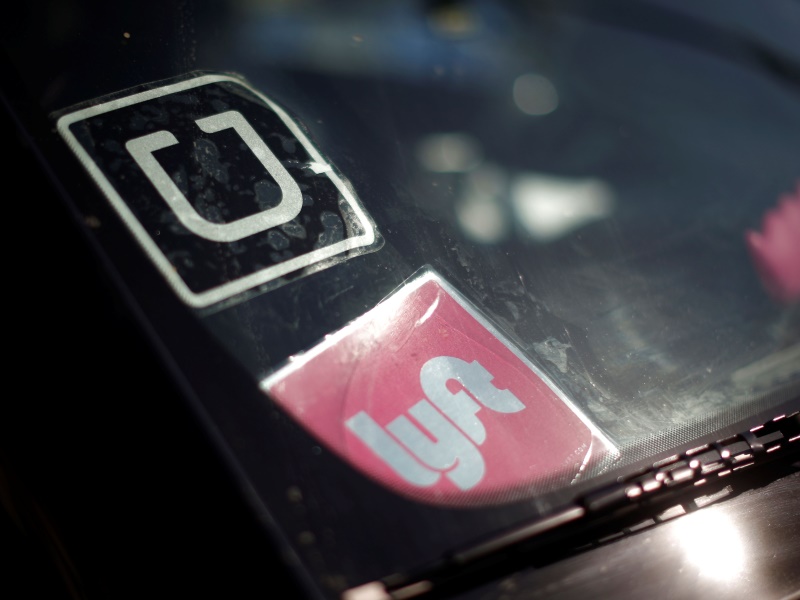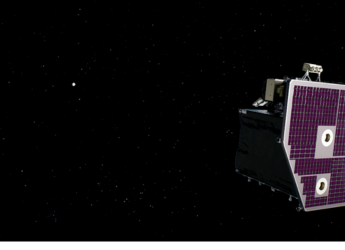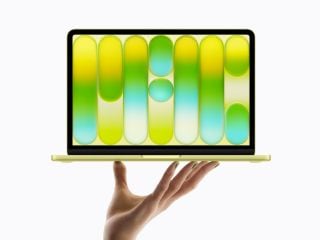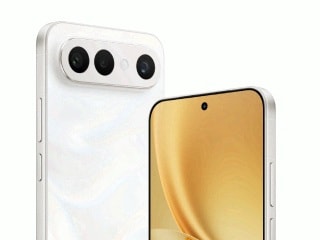Uber, Lyft Battle Governments Over Driver Fingerprint Checks

Following incidents where Uber drivers were found to have criminal records, a number of state and local officials have proposed fingerprint background checks for ride-hailing drivers - often with the support of local taxi companies.
Uber and its chief rival, Lyft, have fought those checks, contending their own method of vetting drivers is just as safe. Their political muscle showed in the past week. The Chicago City Council Wednesday passed ride-hailing regulations that exclude fingerprint checks after an alderman removed the fingerprint requirement when Uber and Lyft threatened to leave the city. Rhode Island on Saturday passed regulations without fingerprint checks, which also are under consideration in Atlanta and the states of New Jersey, California and Massachusetts.
Uber and Lyft have recently made good on threats to vacate cities that impose fingerprint checks, such as Austin, Texas, leaving drivers without jobs and riders without an alternative to taxis. Agreeing to fingerprint checks, as Uber did in Houston, slows the pace of hiring and increases pickup times. If passengers have to wait too long, the companies say, they give up on ride-hailing.
Uber and Lyft hire private background companies that run a driver's name, license and Social Security number through local court records, national criminal databases and a federal sex offender registry. Searches can take as little as 24 hours. Lyft rechecks drivers each year, but Uber does not.
Fingerprint checks, which are run through the FBI's national database, can take a few days longer. But experts say fingerprinting catches people who lie about their names.
"The accuracy of a fingerprint check is eons beyond what you could do in a name check," says Jay Wachtel, a criminal justice lecturer at California State University Fullerton and retired US Bureau of Alcohol, Tobacco, Firearms and Explosives agent.
In a lawsuit against Uber, prosecutors in Los Angeles and San Francisco found 25 drivers who passed Uber's checks despite having criminal histories, including a driver convicted of felony sexual exploitation of a minor. Uber paid $25 million to settle the case in April. Lyft paid a smaller amount, and both agreed to stop implying that their background checks were safer.
Both companies have enlisted high-powered supporters to fight fingerprinting. Earlier this month, former US Attorney General Eric Holder, whose law firm advises Uber, sent letters to New Jersey and Chicago lawmakers saying fingerprints are unfair and potentially discriminatory.
Uber, after just six years, completes 150 million rides per month in nearly 450 cities worldwide. Lyft, which started four years ago, does 11 million rides per month in more than 200 U.S. cities. The companies need thousands of drivers to make the model work.
Chicago passenger Giovanni Thurman, 33, says he feels safe using Lyft and Uber because apps give you the driver's picture, name and other information. Thurman runs a consulting business and works with a nonprofit that helps ex-convicts, including some who have gotten back on their feet by driving for the companies.
"Those drug dealers that I knew, they drive Uber because it's an option to not go back (to dealing)," he says. "If you impose all of those background checks ... then now you've cut off another way."
San Francisco-based Uber and Lyft pulled out of Austin last month after voters decided against overturning a city ordinance that requires fingerprinting.
The companies say around 10,000 full- and part-time drivers lost work, and tens of thousands of riders were stranded. But Austin City Councilwoman Ann Kitchen says smaller ride-hailing companies - which agreed to fingerprints - have helped make up the difference, along with roughly 900 registered taxis.
Kitchen, a fingerprint backer, can't figure out why Uber and Lyft spent $9.1 million to fight fingerprints.
"I suspect that it's much more than Austin," she says. "It's a national issue."
In Chicago, Alderman Anthony Beale agreed to delay fingerprinting for at least six months to allow more time to study that requirement.
Sam Abuelsamid, transportation analyst with Navigant Research, thinks Uber and Lyft will eventually agree to fingerprint drivers if they get something in return, like a promise that drivers will remain independent contractors and not employees. Such a promise could insulate the companies from liability.
Uber and Lyft blame taxi companies for the fingerprint push. Cab drivers in most major cities are fingerprinted and even drug-tested. The ride-hailing companies say their drivers - almost all part-time - are squeezed for time and cash and don't want additional hurdles.
In Houston, ride-hailing drivers who pass a background check from Uber can drive for 30 days until doing a city-required fingerprint check, a physical and a drug test.
Dorothy Chou, Uber's head of public policy for safety, says more than 19,000 drivers in Houston passed its screening but failed to do fingerprint checks and other steps because they're so cumbersome. She says the company has seen no difference in the rate of complaints about Houston drivers with a company background check and those that were fingerprinted.
"Why would we say yes to a process that doesn't improve safety?" she asked.
Torren Smith, 30, needed just over a month to get his license to drive for Uber in Houston. The fingerprint check took fewer than five days, Smith says. But it was difficult for him, as full-time truck driver, to get to a drug-testing clinic, fingerprint office and car inspection site. The whole process cost him around $150.
But Houston insists that fingerprint checks are needed. In a March report, city officials said such checks found a driver who passed Uber's background check despite having 24 aliases, 10 Social Security numbers and an arrest warrant. It also found drivers charged with murder and drunken driving.
Stephen Saltzburg, a George Washington University law professor, cautions that neither check is foolproof. Private background checks have improved but FBI records may lack data on whether a person was convicted of a crime. Saltzburg says ideally, the companies would do both.
"The driver is in a pretty good position to engage in criminal acts," Saltzburg says. "The car is moving, the doors lock."
For details of the latest launches and news from Samsung, Xiaomi, Realme, OnePlus, Oppo and other companies at the Mobile World Congress in Barcelona, visit our MWC 2026 hub.
Related Stories
- Samsung Galaxy Unpacked 2026
- iPhone 17 Pro Max
- ChatGPT
- iOS 26
- Laptop Under 50000
- Smartwatch Under 10000
- Apple Vision Pro
- Oneplus 12
- OnePlus Nord CE 3 Lite 5G
- iPhone 13
- Xiaomi 14 Pro
- Oppo Find N3
- Tecno Spark Go (2023)
- Realme V30
- Best Phones Under 25000
- Samsung Galaxy S24 Series
- Cryptocurrency
- iQoo 12
- Samsung Galaxy S24 Ultra
- Giottus
- Samsung Galaxy Z Flip 5
- Apple 'Scary Fast'
- Housefull 5
- GoPro Hero 12 Black Review
- Invincible Season 2
- JioGlass
- HD Ready TV
- Latest Mobile Phones
- Compare Phones
- Vivo X300 FE
- Tecno Pop X
- Apple iPhone 17e
- AI+ Pulse 2
- Motorola Razr Fold
- Honor Magic V6
- Leica Leitzphone
- Samsung Galaxy S26+
- MacBook Neo
- MacBook Pro 16-Inch (M5 Max, 2026)
- Tecno Megapad 2
- Apple iPad Air 13-Inch (2026) Wi-Fi + Cellular
- Tecno Watch GT 1S
- Huawei Watch GT Runner 2
- Xiaomi QLED TV X Pro 75
- Haier H5E Series
- Asus ROG Ally
- Nintendo Switch Lite
- Haier 1.6 Ton 5 Star Inverter Split AC (HSU19G-MZAID5BN-INV)
- Haier 1.6 Ton 5 Star Inverter Split AC (HSU19G-MZAIM5BN-INV)
















